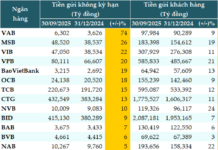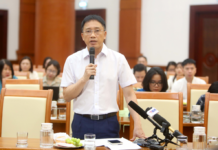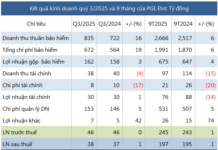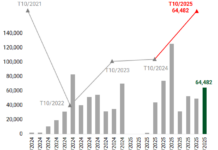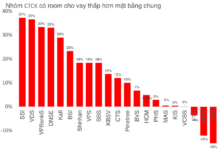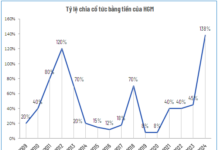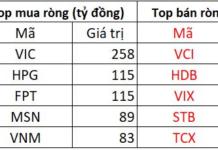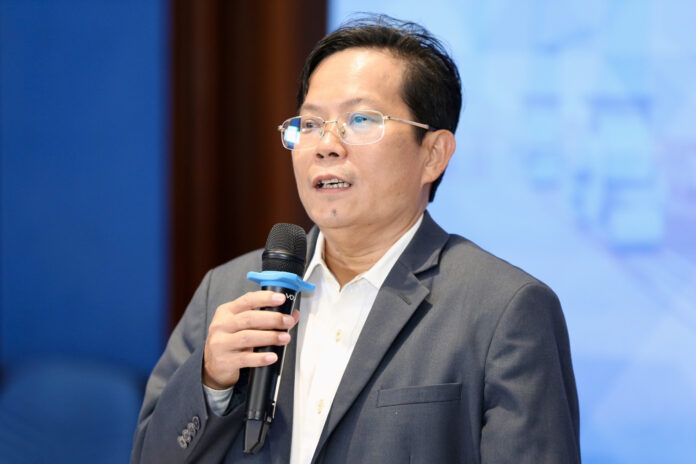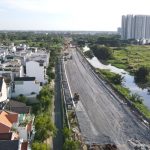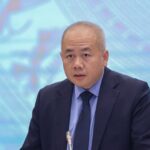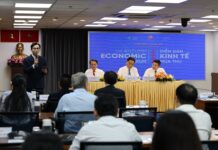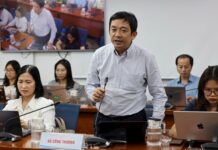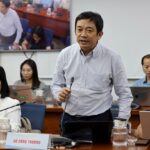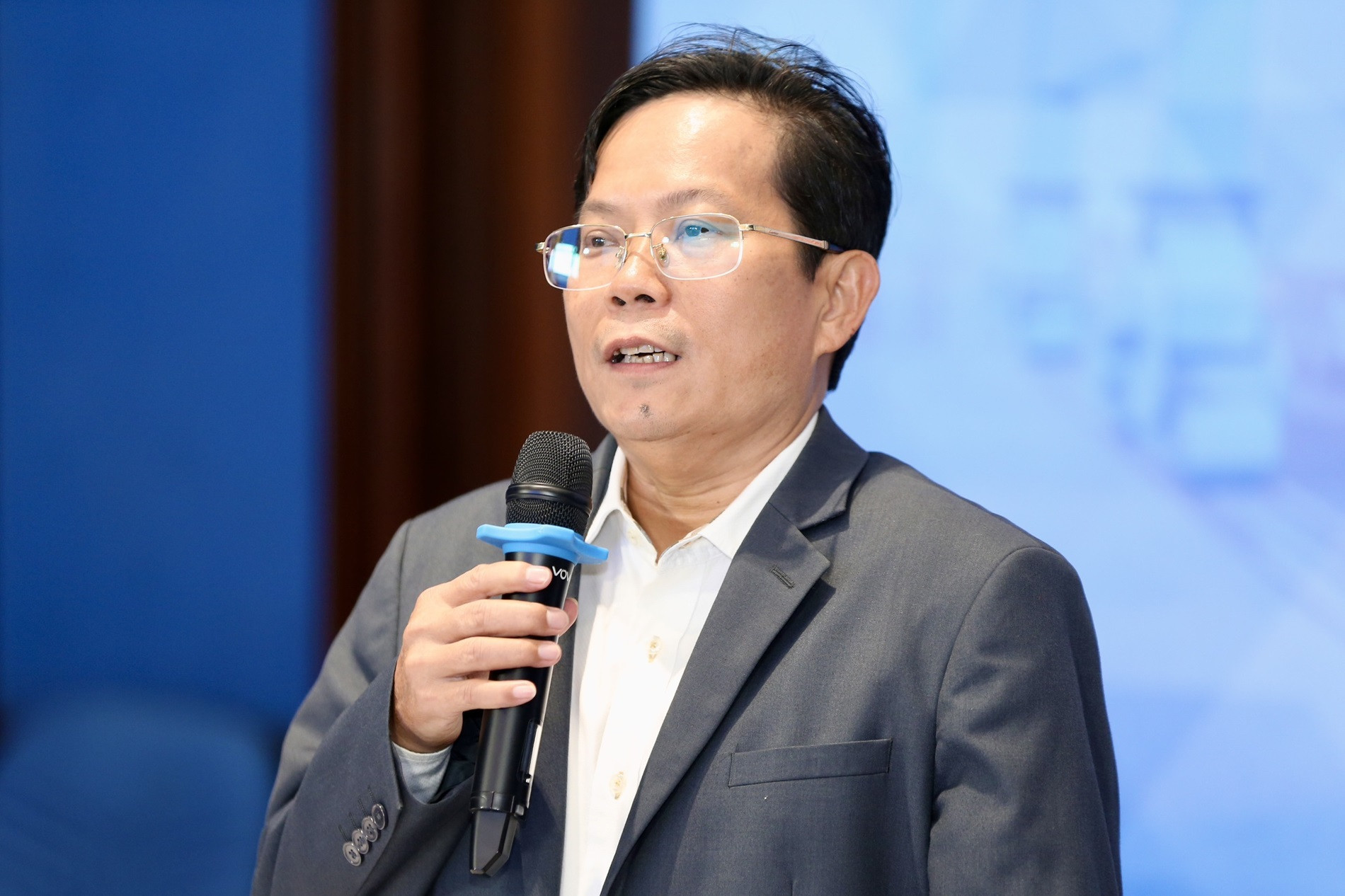
Mr. To Dinh Tuan, Editor-in-Chief of Nhan Dan (People) Newspaper, delivers a speech at the forum. Photo: Organizing Committee |
This morning (August 15), Nhan Dan (People) Newspaper organized an Economic Forum 2024 with the theme “Unblocking Public Investment Disbursement.”
According to Mr. To Dinh Tuan, Editor-in-Chief of Nhan Dan Newspaper, the forum aims to contribute to finding solutions to unblock and unleash public investment resources to attract social investment for the development of Ho Chi Minh City.
For every $1 of public investment, $10 of social investment is attracted
At the forum, Dr. Tran Du Lich, Chairman of the Advisory Council for the Implementation of Resolution 98 of the National Assembly, affirmed that public investment is one of the three pillars of economic growth, including public investment, consumption, and exports. However, the disbursement of public investment in Ho Chi Minh City is currently slow and has not achieved its set targets.

Dr. Tran Du Lich shares his insights on public investment disbursement at the forum. Photo: Organizing Committee |
“There is often a situation of ‘six months of sluggishness and six months of rushing’ in public investment disbursement, which does not have a significant impact. The earlier the disbursement, the higher the impact on economic growth,” said Dr. Lich.
Regarding the slow disbursement of public investment, Dr. Lich attributed it to numerous bottlenecks in the city, including procedures, compensation and site clearance, bidding, and even planning issues that arise during project implementation.
“To achieve the target of 95% disbursement by the end of this year, Ho Chi Minh City needs to improve its institutions, procedures, and regulations. At the same time, the city must take advantage of Resolution 98 to further streamline procedures and regulations in line with its special mechanisms.”
“If the bottlenecks are successfully addressed, the city can return to the stage where every $1 of budget investment can attract $10 from non-state resources,” the expert affirmed.
Changing the Approach
Sharing this view, Mr. Nguyen Ngoc Hoa, Chairman of the Board of Directors of Ho Chi Minh City Financial Investment State-owned Company (HFIC), pointed out that there are projects with sufficient funding but unable to proceed due to bottlenecks in mechanisms, procedures, and processes.
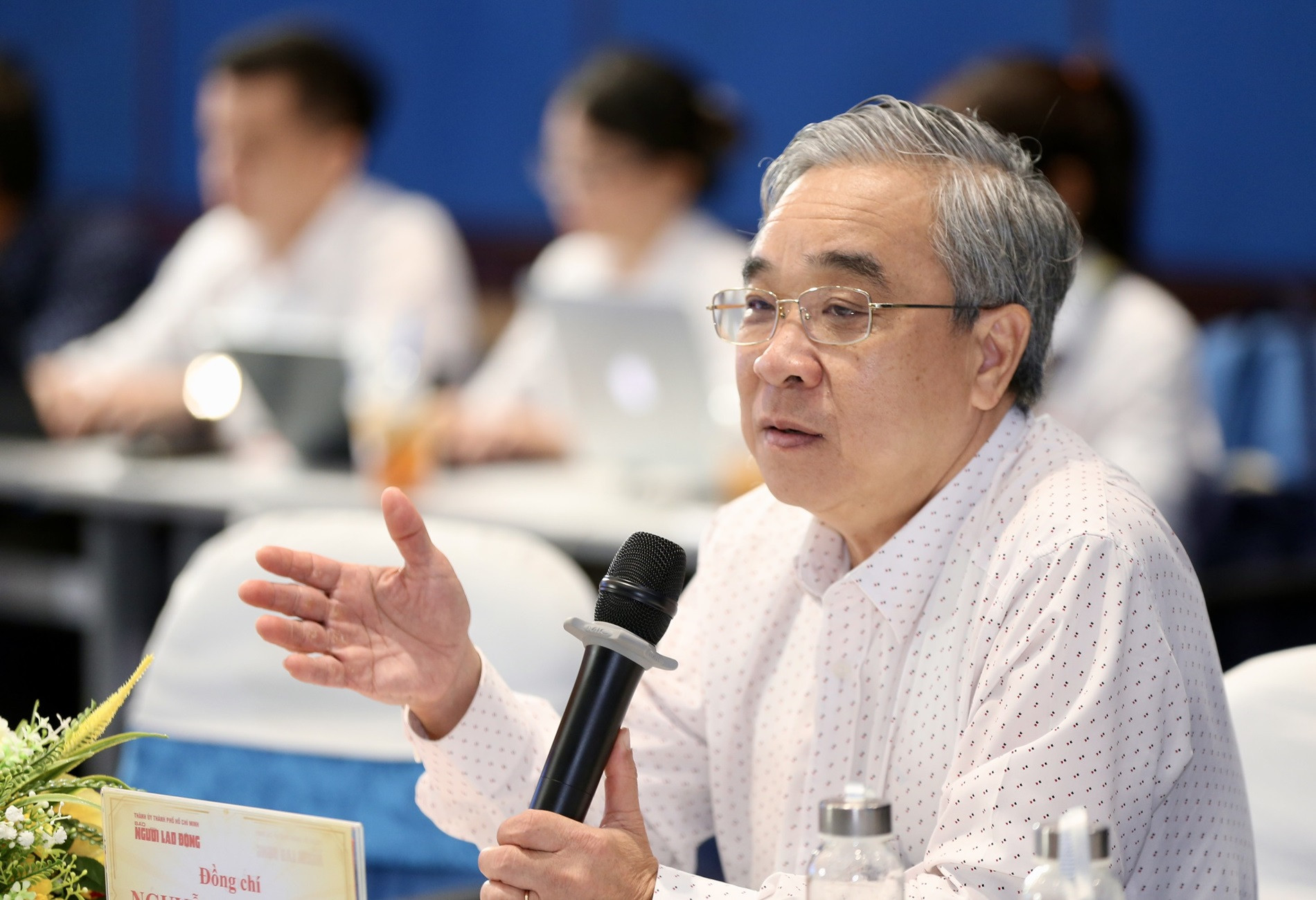
Mr. Nguyen Ngoc Hoa shares his perspective on the approach to public investment socialization. Photo: Organizing Committee |
“We need to boldly change our approach and socialize public investment projects to address these bottlenecks. This means that once a project is approved, the city should hand it over to the private sector for implementation. Once completed and accepted, the city can use public investment funds to buy back the project,” Mr. Hoa proposed.
Dr. Nguyen Quoc Viet, Vice Director of the Institute of Economics and Policy, Hanoi National University, said that Ho Chi Minh City’s disbursement rate of only 15% is extremely low compared to the average of 30%.
According to Dr. Viet, in the short term, it is necessary to focus on aspects such as procedures, mechanisms for unblocking and coordination, site clearance, and basic material sources such as land, sand, and gravel. At the same time, the authorities must also address bottlenecks related to capital sources…
“In the long term, planning, including land use planning and transportation planning, must be improved and synchronized. In addition, the city should take advantage of the special mechanisms provided by Resolution 98 to invest in inter-regional infrastructure projects, especially the Ho Chi Minh City – Moc Bai (Tay Ninh) expressway and some belt roads,” said Dr. Viet.
 Dr. Nguyen Quoc Viet expresses his opinion at the forum. Photo: Organizing Committee |
Many other experts also commented that although Ho Chi Minh City has been vigorously promoting the disbursement of public investment, the efficiency is still not high due to numerous bottlenecks. These include planning, approval, and bidding mechanisms, as well as the uncoordinated and unharmonized operation and collaboration between functional agencies and investors.
In addition, Resolution 98 is currently in the exploratory stage and has not been strongly implemented. Therefore, there is a need for clear decentralization and delegation of authority to enable Ho Chi Minh City to effectively address this issue.
Representing the banking sector, Mr. Nguyen Duc Lenh, Deputy Director of the State Bank of Vietnam, Ho Chi Minh City Branch, shared that public investment has a positive impact on credit and credit growth of commercial banks in two aspects.
“First, credit meets the capital needs for implementing infrastructure development projects and socio-economic development programs. At the same time, during this process, when public investment projects are implemented, many related sectors, production, trade, and services will develop, increasing capital demand and stimulating credit growth. This is the most positive impact on credit growth when viewed from the socio-economic environment and the relationship between banks, customers, and the economy.
“Second, public investment creates a favorable cycle and flow of capital in the economy. This stems from the ‘spillover’ effect of public investment and the implementation of infrastructure development projects, which drive the development of many related sectors. As a result, capital is created, and the smooth flow of capital is an important factor in promoting credit growth, thanks to the increased absorption capacity of the economy, the development of production and business, and the ‘flow’ of credit.”
Ho Van
The Power of Lizen: Consistently Winning Massive Bids
Lizen has achieved a significant milestone by successfully deploying and implementing major high-speed construction projects in 2023. The company’s revenue has reached 2,030.5 billion VND, which is twice the amount compared to 2022. However, the post-tax profit has reached its lowest point in the past 6 years, dropping down to only 118.3 billion VND.
Will more than 650 trillion dong of public investment capital be spent in 2024?
Deputy Minister of Planning and Investment, Mr. Do Thanh Trung, stated that in 2024, several significant projects with a ripple effect have completed the necessary procedures, ensuring the achievement of the target for public investment disbursement.






